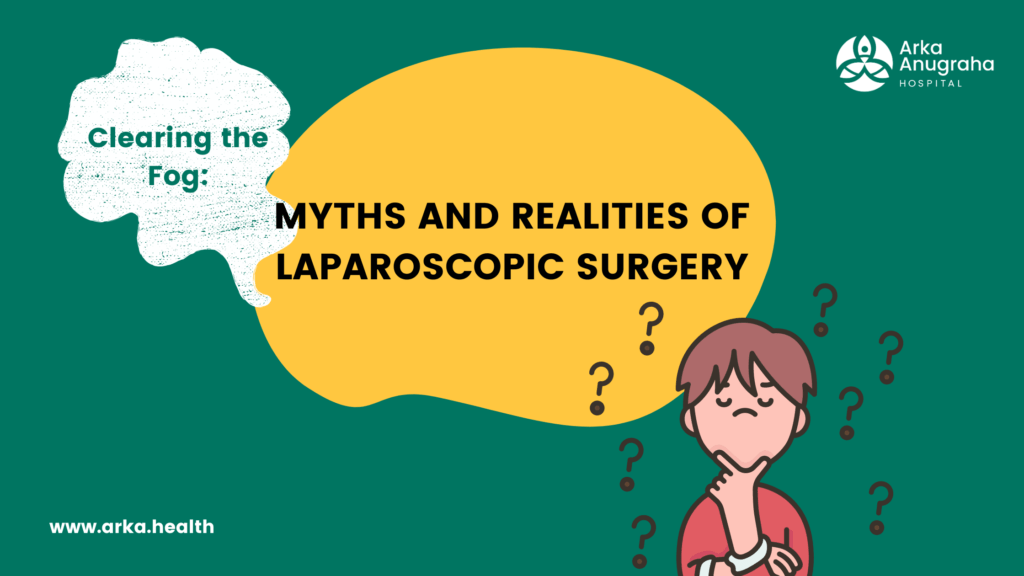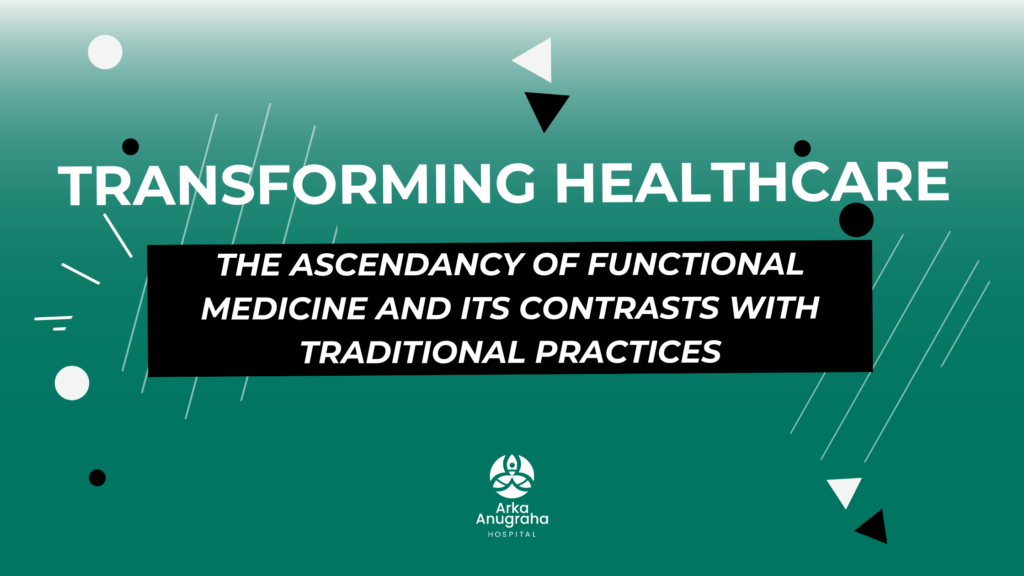At our functional medicine clinic in Bangalore, we use personalized diets as a therapeutic tool. For instance, the functional medicine elimination diet helps to identify food intolerances that might be contributing to your health issues. On the other hand, if managing conditions like high cholesterol or type 2 diabetes is your concern, a different dietary approach might be suggested.Here are brief overviews of the mentioned therapeutic diets within the functional medicine framework:
1. Elimination Diet: This diet involves removing certain foods or food categories from your diet for a specific period, typically three to four weeks. These are usually foods that are commonly known to cause sensitivities, such as dairy, gluten, soy, eggs, corn, pork, beef, chicken, beans/lentils, coffee, citrus fruits, nuts, and nightshade vegetables. After this elimination phase, these foods are systematically reintroduced to identify any food intolerances or sensitivities.
2. Cardiometabolic Diet: Designed for those dealing with heart disease, high blood pressure, high cholesterol, or type 2 diabetes, this diet emphasizes heart-healthy, low-glycemic foods. It encourages a high intake of fruits, vegetables, lean proteins, and whole grains while limiting processed foods, saturated and trans fats, and high-sugar foods. The goal is to support heart health, stabilize blood sugar levels, and promote weight management.
3. Mito Diet: The Mitochondrial Health Diet, or “Mito Diet,” is designed to support the health of our mitochondria – the energy powerhouses of our cells. It includes foods high in antioxidants, lean proteins, and healthy fats, and it is low in processed foods and sugars, which can cause oxidative stress and damage mitochondria. The diet can be beneficial for those dealing with chronic fatigue, neurodegenerative diseases, and other conditions linked to mitochondrial dysfunction.
4. Low FODMAP Diet: This diet is often used to manage symptoms in people with Irritable Bowel Syndrome (IBS) or other functional gastrointestinal disorders (FGID). FODMAPs (Fermentable Oligo-, Di-, Mono-saccharides, and Polyols) are a group of carbohydrates that can be hard to digest and can cause symptoms like bloating, gas, stomach pain, and diarrhea in some people. The Low FODMAP diet restricts high FODMAP foods and then gradually reintroduces them to identify trigger foods.
5. Anti-Candida Diet: The Anti-Candida diet is intended to reduce the amount of Candida yeast in the body through dietary means. It emphasizes non-starchy vegetables, healthy proteins, and probiotic foods while minimizing sugar, alcohol, and refined carbohydrates that can feed Candida yeast. This diet is often used alongside other treatments for Candida overgrowth.Remember, these therapeutic diets are not one-size-fits-all solutions. They should be personalized and supervised by a healthcare professional to ensure they are safe and effective for each individual’s specific needs.













